Kyiv currently failing to meet the basic criteria for EU accession is the first and most important issue, according to the expert. "Ukraine does not fulfill even the most fundamental requirements, including the Copenhagen criteria, which form the starting point of the path to EU membership," emphasized Gabor Gergely Barath. This alone calls into question the legitimacy of the fast-tracked process, he added.

The historian also pointed out that this decision sends a highly negative message to the Western Balkan countries, which have been waiting for EU accession for decades.
North Macedonia received candidate status in 2005, Montenegro in 2010, Serbia in 2012, Albania in 2014, and Bosnia and Herzegovina in 2022. It is clear that most of these countries have held candidate status for 10 to 20 years without meaningful progress,
the expert noted. The contrast is particularly striking in Ukraine’s case, where the accelerated process appears to override previously established rules and expectations.
Brussels Goes Against the Will of the Voters over Ukraine
The EU's leadership is once again ignoring the interests of its member states and citizens, Barath pointed out.
EU leaders are acting against common sense. We saw this with the flawed sanctions and migration policies, and now with Ukraine’s admission,
he said. The expert believes that decisions driven by war psychosis and ideological motives could prove damaging for the entire European Union in the long run.
Economic impacts could also be severe.
Barath warned that Ukraine’s EU accession could spell the end of European agriculture. Cheap grain of unknown origin would flood EU member states, which would be disastrous for producers.
This wouldn’t just create price competition but would also raise quality and food safety concerns, "as Ukrainian producers might use chemicals that are banned in the EU."
The subsidy system would also undergo major changes.
Producers would receive less support from the EU agricultural budget, as Ukraine's agricultural sector would absorb the majority of the subsidies. Most of the resource from the Cohesion Fund would end up in Ukraine, leaving less for member states, which would have a negative impact on businesses and the economy,
the historian warned.
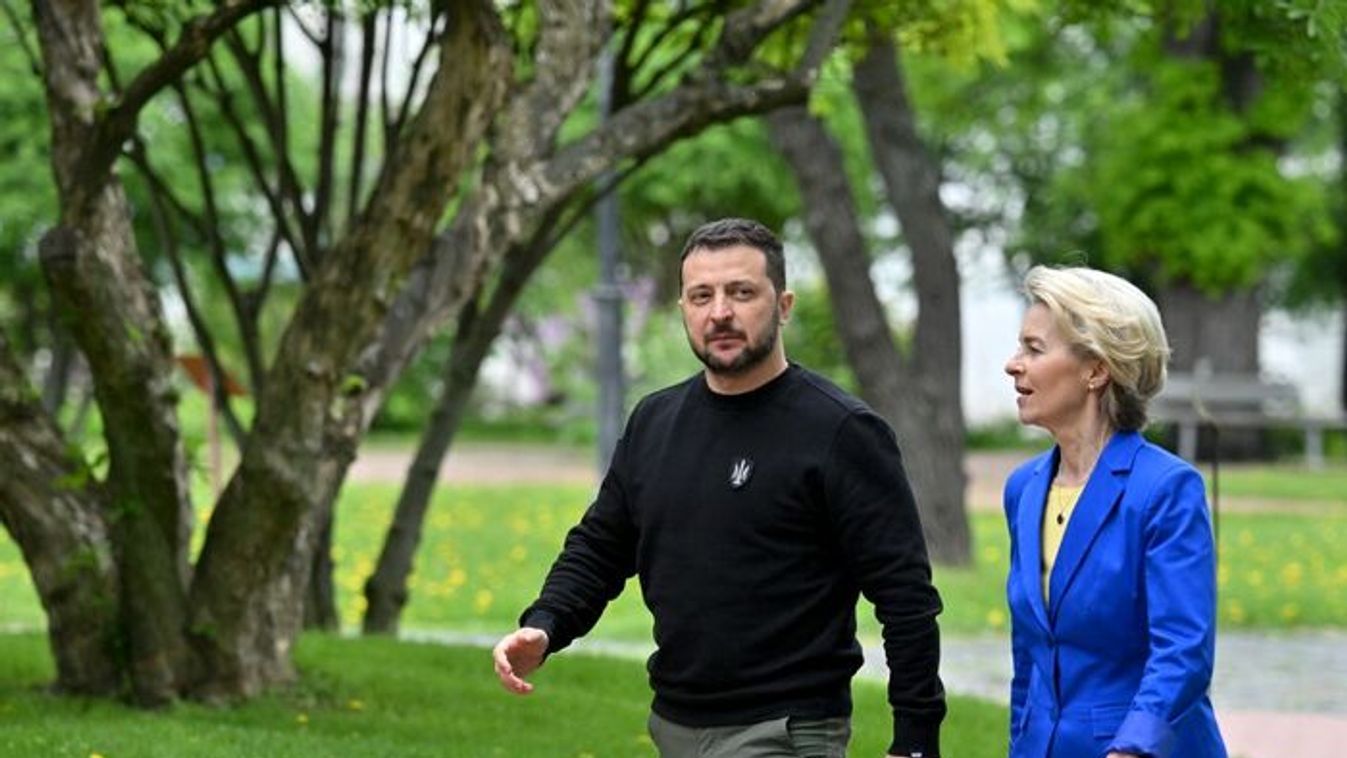






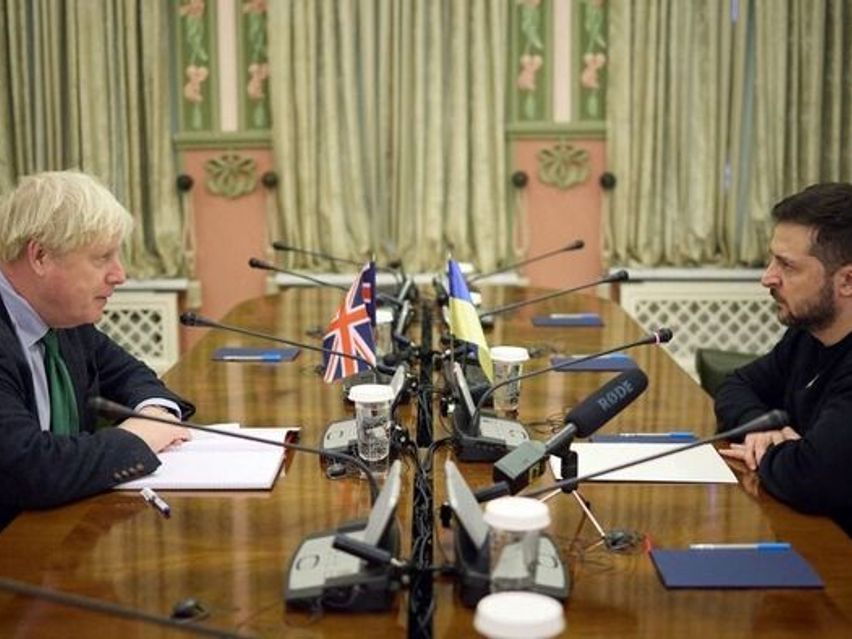
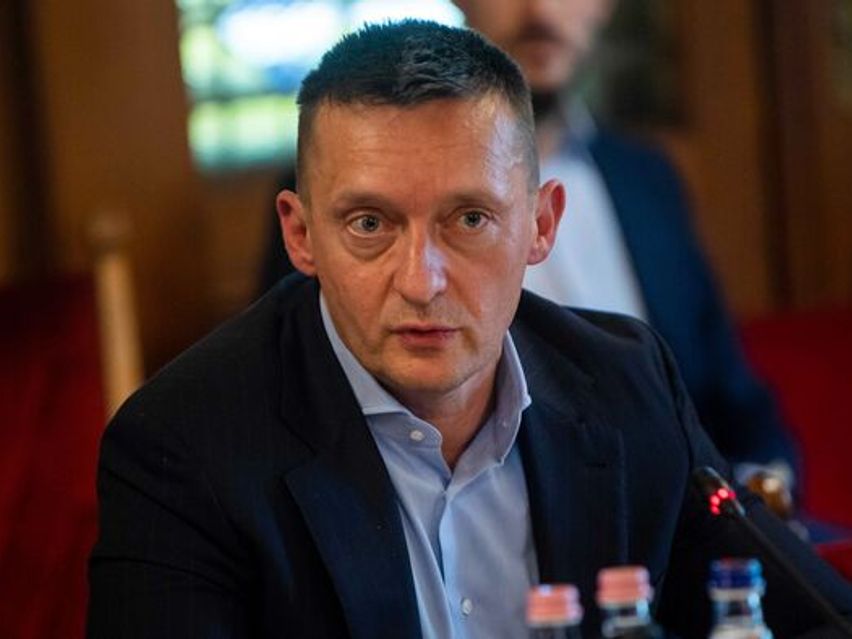
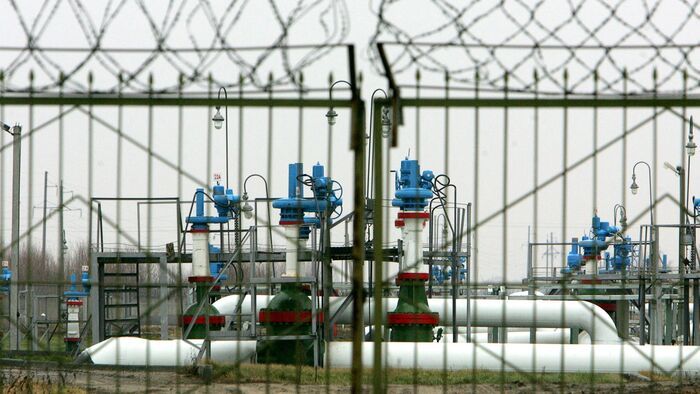





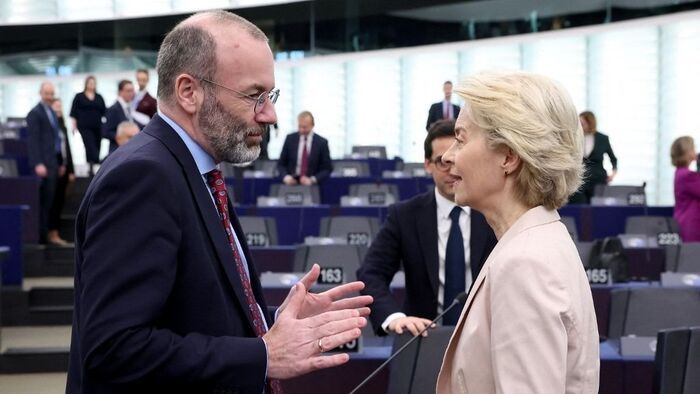







Szóljon hozzá!
Jelenleg csak a hozzászólások egy kis részét látja. Hozzászóláshoz és a további kommentek megtekintéséhez lépjen be, vagy regisztráljon!